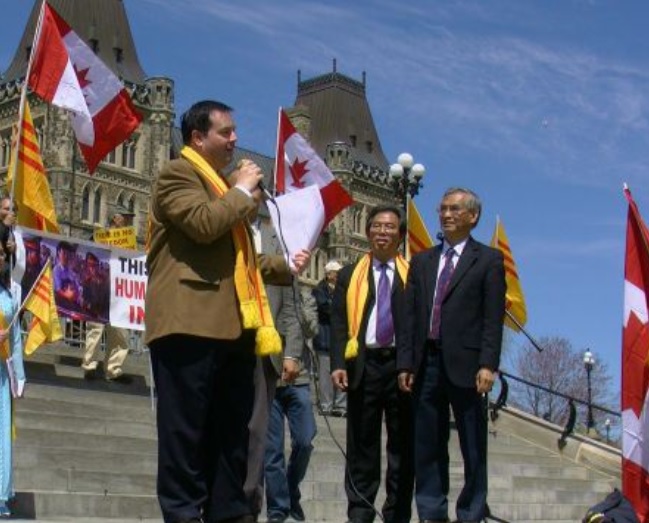
Wall Street Journal Editorial,
April 17, 2019
A provincial election in Canada isn’t usually big news, but the victory by the conservatives in the western province of Alberta is an exception. Voters elected as premier Jason Kenney, who had promised that his government’s first act would be to repeal the carbon tax imposed by incumbent Rachel Notley.
Readers may recall that when Ms. Notley’s left-leaning New Democratic Party (NDP) wrested power from a previous conservative party in 2015, it was supposed to represent the new wave of climate-change politics. If the left could win promising a carbon tax in the energy capital of Canada, then it could win anywhere and the demise of fossil fuels was inevitable.
Well, not so fast. Mr. Kenney, who served in the national cabinet under Prime Minister Stephen Harper, leads a United Conservative Party (UCP) formed two years ago by the merger of other parties. He mounted a bread-and-butter campaign, hammering away at the NDP’s carbon tax as “all economic pain, no environmental gain.” Upon victory he announced: “Alberta is open for business.”
In an oil-rich province that is to North America what Saudi Arabia is to the Middle East, Mr. Kenney’s victory was not unexpected. But few anticipated the huge margin by which he won. The UCP took 63 seats to 24 for the NDP.
The result will put more pressure on Canadian Prime Minister Justin Trudeau and his progressive anti-carbon agenda. His Liberal Party majority in Ottawa passed a law imposing a carbon tax on provinces that don’t impose their own. So once Mr. Kenney scraps his provincial tax, the national tax will kick in.
Three other provinces are already suing Mr. Trudeau’s government over the carbon tax, which is likely to be a major issue in the national election expected this year. Right-leaning parties now control five of Canada’s 10 provinces, including Ontario and Quebec.
Progressives keep touting the carbon tax as inevitable, but then why does it always lose at the ballot box? In 2014 Australia repealed a carbon tax two years after it was imposed. Last year French President Emmanuel Macron was forced to suspend increases in gas and diesel taxes after national protests. Voters in Washington state defeated a carbon tax for the second time in November, and legislators recently pulled a proposal for a statewide carbon tax in Maine.
Climate alarmists have convinced elites. Their problem is democracy.
Disclaimer: Articles featured on Oregon Report are the creation, responsibility and opinion of the authoring individual or organization which is featured at the top of every article.

